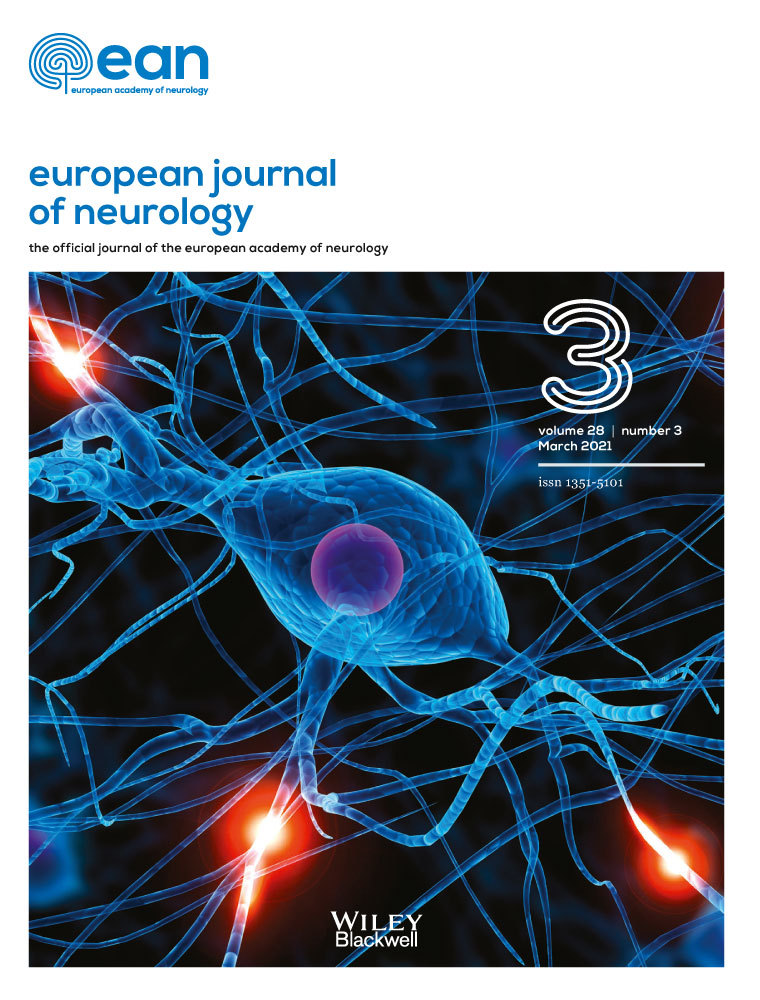Effect of vitamin D and/or omega-3 fatty acid supplementation on stroke outcomes: A randomized trial
Abstract
Background and purpose
Among stroke patients, low serum 25-hydroxyvitamin D predicts poor outcomes. In mice, higher omega-3 (n-3) fatty acid intake diminishes brain damage after stroke. In this study, we tested whether vitamin D or n-3 fatty acids supplementation prior to stroke reduces the risk of functional limitations and physical disability after stroke.
Methods
We used data from VITAL (the VITamin D and OmegA-3 TriaL) which randomized middle-aged and older men and women without cardiovascular disease to vitamin D3 (2000 IU/day) and/or marine n-3 fatty acids (1 g/day) and followed them for incident stroke events. Individuals experiencing a non-fatal stroke were mailed questionnaires assessing functional limitations (the physical performance scale adapted from Nagi) and physical disability (the modified Katz Activities of Daily Living and Rosow-Breslau Functional Health scales). We used logistic regression to analyze associations between randomized treatment and limitations on each scale.
Results
A total of 290 individuals experienced their first stroke during the trial, of whom 197 stroke survivors completed the stroke outcomes questionnaire a median of 1.4 years after diagnosis. We observed no associations between randomized treatment to vitamin D and functional limitations (odds ratio [OR] 1.01, 95% confidence interval [CI] 0.52, 1.97) or physical disability (Rosow-Breslau scale: OR 0.92, 95% CI 0.50, 1.67; Katz scale: OR 1.03, 95% CI 0.31, 3.42). Those randomized to n-3 fatty acids had a non-significantly lower risk of functional limitations (OR 0.55, 95% CI 0.28, 1.09) and physical disability (Rosow-Breslau scale: OR 0.56, 95% CI 0.31, 1.02; Katz sclae: OR 0.32, 95% CI 0.50, 1.67).
Conclusion
Vitamin D or omega-3 fatty acid supplementation prior to stroke did not result in significantly improved post-stroke outcomes.
DISCLOSURE OF CONFLICTS OF INTEREST
The authors declare no financial or other conflicts of interest.
Open Research
DATA AVAILABILITY STATEMENT
The data that support the findings of this study are available from the corresponding author upon reasonable request.




